We believe:
Babies come in as whole people, not as blank slates. Babies are fully and intensely immersed in becoming themselves – always whole, and always changing.
A baby’s experience is real and valid, though it might not be comprehensible to us. We can offer comfort without denying their experience, or our own. We can acknowledge and validate their feelings and emotions while also saying “no” to particular behavior.
Babies learn best when they’re led by their curiosity – which comes from a sense of safety and comfort. We are a baby’s environment when we hold and handle them, and we shape their experience of their environment as they develop. A baby does not need to be taught or entertained – they need our presence. By being present and meeting their needs, we encourage their agency and eventual ability to self-regulate.
Self-regulation is key to a baby’s sense of agency and curiosity – and develops in relationship to their caregivers. We aim to facilitate a healthy interdependence where babies can learn responsiveness, trust and confidence from our presence and responsiveness.
Movement skills develop from experiencing pathways, rather than being put into positions. This means not putting a baby into upright sitting or standing positions that they cannot get themselves into and out of, but instead meeting them on their own level.
Babies learn to measure distance and effort through experimentation, failure, and repetition. Experiencing the results of their actions, including falling, is part of this process. Learning a new skill is not only about getting the skill itself – it’s about learning how to learn.
Process is more important than deadlines in terms of developmental milestones. When a baby finds their way to a new skill through their own agency, they can more fully own the skill and build upon it.
Development happens in overlapping layers of skills and experience. While there might be an ‘idealized’ progression, there are an infinite number of ways to do it successfully – and babies will each find their own way.
What we teach about babies applies to humans at every stage of development. In using the term ‘caregivers,’ we include parents, babysitters, nannies, grandparents, and educators and leaders of all kinds.
AGENCY is one of our fundamental values.
We define agency as the ability to make choices, have an impact, take risks and learn from experience.
We believe agency is a given, starting from the beginning: With the support, nourishment and feedback of our environment, each of us grew ourselves as embryos from a two-celled organism into a full-term fetus.
A healthy sense of agency involves participation, connectivity and interdependence. To participate means acknowledging and accepting that we are changed by our participation, and that we are effecting change in return. We shape and are shaped by our environment and interactions.
Through a sense of their own agency, babies (of all ages) can fully participate in their emergence, in relationship to their environment and others.
We cannot empower another person; empowerment comes from within. As caregivers, our role is to support, respect and nourish a child’s sense of agency and empowerment.
The agency of the one cared for and the caregiver are completely intertwined. Caregivers explore and experience agency and empowerment in their own right, and as part of their caregiving role.
These ideas are based on the Body-Mind Centering® approach to Infant Developmental Movement Education (IDME), a program developed by Bonnie Bainbridge Cohen, with support from Sandra Jamrog and Lenore Grubinger, that teaches observation and facilitation of movement patterns in infants.
© 2016-2020 Amy Matthews & Sarah Barnaby
* * *

